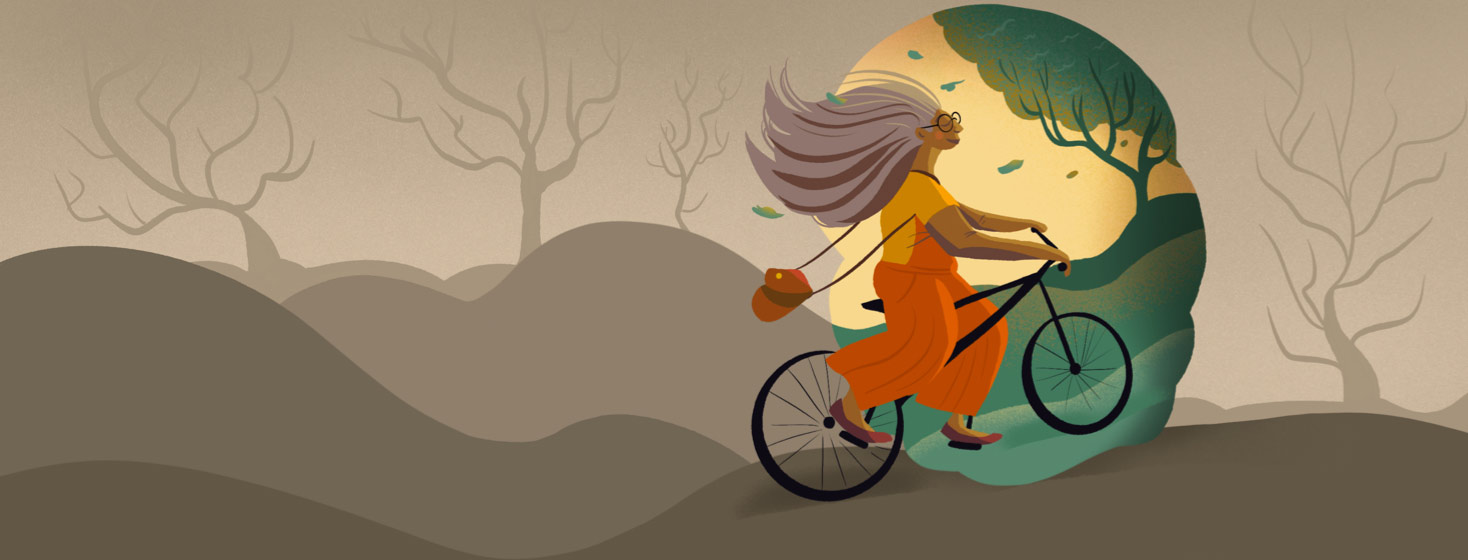Bipolar Disorder and the Mid-Life Crisis
I have been having conversations with friends recently about the so-called dreaded mid-life crisis. Through various conversations with close friends, we discuss whether we are having a mid-life crisis and what to do with feelings related to being in mid-life.
We all have various opinions about being in the mid-life stage, both positive and negative. My own feelings about being in mid-life are complicated by the fact that I have bipolar disorder.
My younger years with bipolar disorder
One of the highest points in my life was when I was younger, in my 20s, living in the Southwest. It was also when I was the most manic. As much as I am grateful that I currently have stability as someone with bipolar disorder, a part of me misses that freeing time in my life.
In the 2008 musical Next to Normal a women with bipolar (Diana) sings about missing the highs and lows of bipolar illness: "I miss the mountains... All those magic manic days and those dark depressing nights." I can really relate to this song.
Mid-life and beyond are more complex
In my younger years, I felt like I had less responsibility and more freedom to change the trajectory of my life. I can still change things now, but practical factors like home ownership, work responsibilities, marriage, and motherhood obligations make things more complicated.
In addition to the complexity of mid-life in general, the risk of becoming manic or severely depressed is always on my mind.
My medications currently work, but what if that doesn't last? As I get older, will the impact of my medications change? What if tomorrow I wake up and I can no longer control my moods? How will mid-life impact my bipolar disorder?
Aging with bipolar disorder
Plus, there is the dread of facing your own mortality. According to a recent study from the University of Michigan, people with bipolar disorder were 4 to 6 times more likely to die prematurely than those without the condition.1
I understand that this study is more complicated and various factors (including suicide) lead to this conclusion. However, as I reach mid-life, I'm dealing with the possibility of early death on top of everything else. It's scary to realize that a condition that I have through no fault of my own could kill me. It is a frightening and depressing thought.
All these factors could easily create a mid-life crisis, especially living with bipolar disorder. If I let it.
Choosing gratitude as I get older
I can also embrace the mid-life as a positive and use this time to take stock of what I have. Which I choose to do. This is a peak opportunity to appreciate life. It is important to appreciate all that I have: a loving family, close friends who appreciate me for me, a good job, a home and a car that I own and can claim as my own.
I can't go back in time, but I can appreciate the memories of that time, and move forward. I can choose to appreciate this midpoint in life and be grateful for it.
